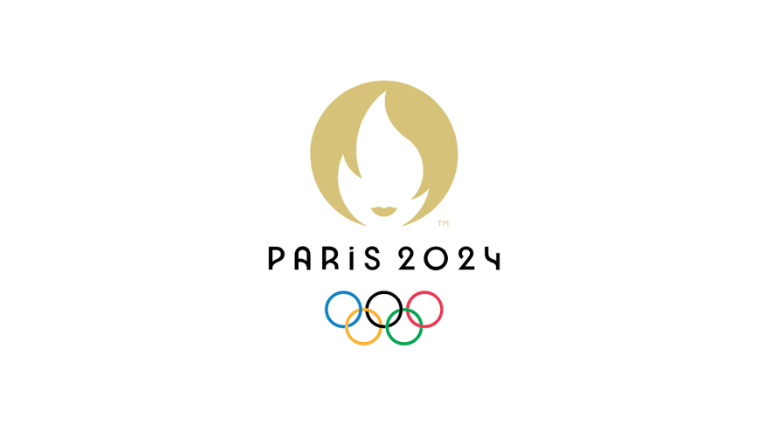
The Evolution of the Olympics
By: Naely Fajardo
Originating in ancient Greece, the Olympic Games have grown to become one of the most important worldwide events in history. They stand as a tribute to human endurance, culture, and growth. Over time, the Olympics have evolved from modest beginnings to modern celebration, mirroring changes in culture, technology, and societal ideals. With its unique emphasis on sustainability, innovation, and gender equality, the 2024 Paris Games serve as a shining image of how the Olympics have changed over time.
The first Olympics took place in Olympia, Greece, in 776 BC as a part of a celebration honoring Zeus, the ruler of the gods. Only male competitors competed in a variety of sports during these early games, including sprinting, wrestling, and chariot racing. These were intensely spiritual occasions that symbolized harmony and peace among Greece’s city-states, in addition to being athletic competitions. The Olympic victory was considered one of the greatest achievements. The ancient Olympics flourished for over twelve centuries until Theodosius I, the Roman Emperor, outlawed them in 393 CE as part of his campaign to establish Christianity throughout the empire.
The Olympics were inactive until Pierre de Coubertin, a French educator and historian, brought them back in the late 19th century. His goal was to provide a venue where individuals from all over the world could compete for the sake of world peace and goodwill. In 1896, 14 nations and 241 athletes competed in the inaugural modern Olympic Games held in Athens. As a result of the increasing range of sports and participants, the Olympics have grown over time to include the Winter Games (1924), the Paralympics (1960–1961), and the Youth Olympic Games (2010).
When the Olympics made its modest comeback in the modern era, millions of spectators and athletes throughout the world were drawn to it. The evolution of the Games in the 20th and
21st centuries has addressed a range of wider social and political themes, including nationalism, gender, and racism. Though gender equality in events took decades to accomplish, the introduction of additional women’s activities starting in 1900 was a big step forward. The size and celebration of the Olympics increased along with technology. One way to transform the Games into a common cultural experience was to introduce live broadcasts in 1936, which brought the Games into living rooms worldwide.
The Tokyo 2020 Olympics, held in 2021, emphasized environmental sustainability by using renewable energy and materials. Athletes and officials were transported in hydrogen-powered cars, and the medals were made from recycled electronics. The 2024 Summer Olympics in Paris are expected to continue this focus on sustainability and gender equality.
1. Prioritizing sustainability: Paris 2024 has been hailed as “the most sustainable Games ever.” In keeping with international efforts to tackle climate change, the organizing committee has pledged to reduce carbon emissions by 50% from the previous Olympics. Locations across the city have been selected to cut down on travel times and emissions associated with transportation. A lot of the temporary buildings constructed for the Games are also intended to be destroyed or reused after the event, adding to their long-lasting legacy.
2. Gender Equality Achieved: With an equal number of male and female competitors, the 2024 Paris Games will also mark the first-ever Olympic gender parity. Although women have participated in the Games for over a century, complete parity in terms of the number of events and athletes has not yet been attained. This achievement demonstrates the Olympic movement’s dedication to dismantling obstacles as well as a larger cultural trend toward gender equality in sports and other domains.
3. Innovation in Sport: To improve the experience for both athletes and spectators, Paris 2024 is also embracing technological innovation. Advanced solutions will be integrated. The Games are pushing the boundaries of what is conceivable in sports, from cutting-edge broadcast technology providing immersive viewing experiences to AI-driven analytics assisting athlete preparation.
The Olympics have evolved to reflect larger social shifts. The modern Games go beyond athletic competition, focusing on questioning conventional wisdom, diversity, and global concerns like equality and sustainability. The 2024 Paris Games emphasize gender equality and environmental sustainability, representing a new era for the worldwide movement. Even though they are always changing, the Olympics are nevertheless a potent symbol of our shared hopes for a brighter future and a force for unifying the world.

